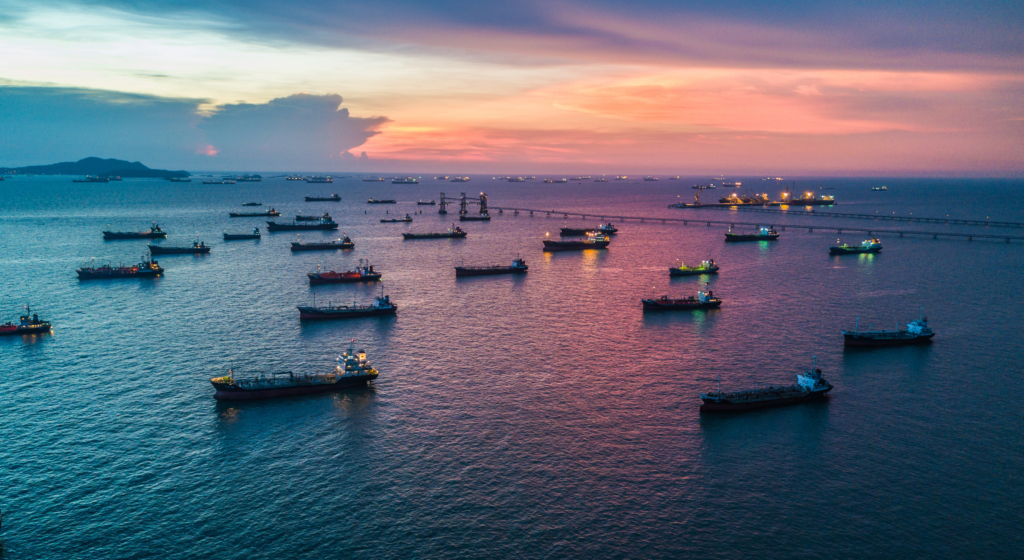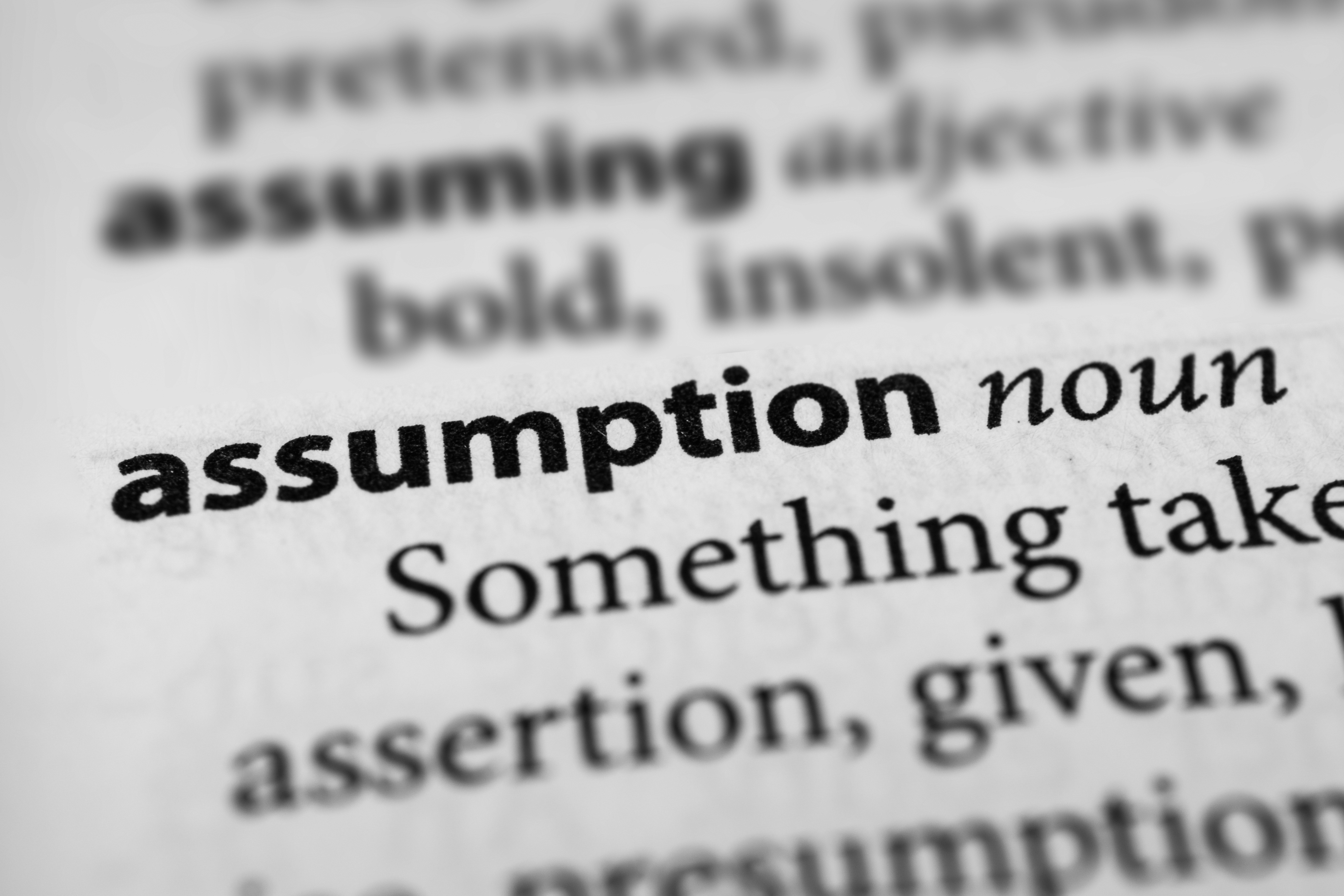California’s decision to depend heavily on foreign oil imports for basic energy needs is running into an alarming reality: amid persistent geopolitical unrest, the shipping channels and vessels that deliver the energy needed to power the state’s economy are increasingly under attack.
While oil tankers have been ambushed in the Persian Gulf for years, the targeted unrest has now spread to the Red Sea, which vessels use to access the Suez Canal.
More than 100 attacks on commercial ships have occurred there over the past month, leading the world’s 10 largest international cargo companies to avoid the route and instead traverse around the southern tip of Africa to reach Europe or the Americas.
Avoiding the Red Sea has huge cost and time implications, adding 6,000 miles and three to four weeks to journeys for vessels carrying oil from the Middle East.
Richard Meade, editor in chief at shipping journal Lloyd’s List, told CNBC: “You are going to see some fairly seismic activity in terms of the implications for supply chains [if the reroutings are sustained].”
U.S.-led forces have attempted to ensure safe passage through the Red Sea with strikes against the antagonists, but analysts note that military options are limited and attacks on shipping vessels in the region will likely continue.
Other experts warn that the continued unrest could escalate into a broader regional conflict which would further restrict the free flow of global commerce. The Economist framed the current situation as “part of an escalating struggle for the seas,” noting that “oceans are a contested zone for the first time since the cold war.”
Alongside the ongoing threats to global commerce lay serious concerns about energy reliability for Californians.
After all, the world’s fourth largest economy is moving aggressively to become fully dependent on oil imports. Continued chaos and uncertainty within international commerce raises the risk of a major interruption that could leave California without access to the energy it needs each day. With no pipeline connections to the lower-48, California doesn’t have a backup plan if tankers aren’t able to reach the state’s ports.
It doesn’t have to be this way. The Golden State could ensure its own energy independence by producing more of the oil it needs at home under the strongest environmental and public health protections in the world. Sacramento is simply choosing not to.
The world is not short on global conflicts or geopolitical unrest, and the world’s fourth largest economy uses 1.4 million barrels of oil each day.
Why is California making itself unnecessarily vulnerable to an unsettled world?


